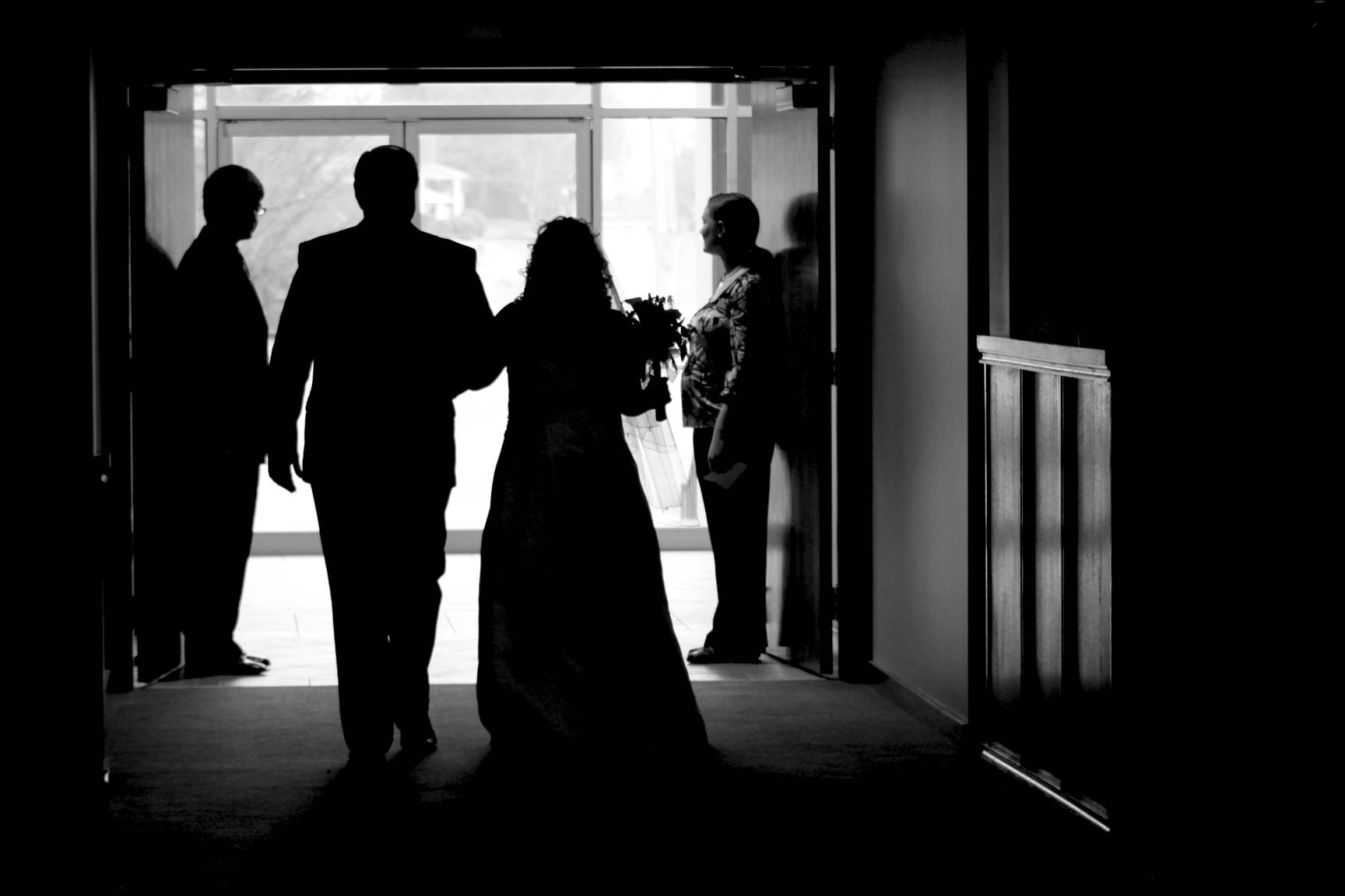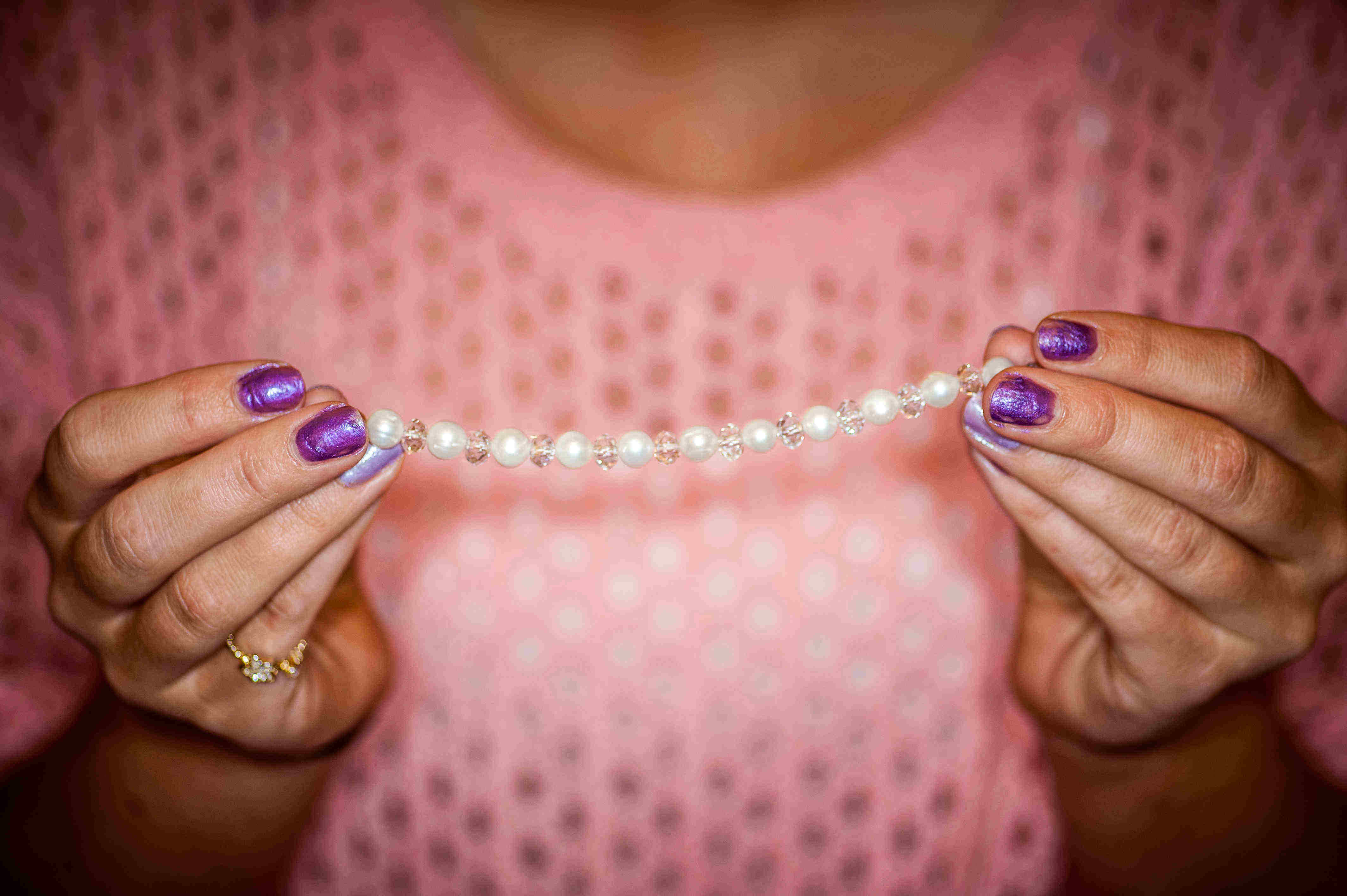Blog Entry – Choosing your photographer (advice)
Anyone can take photos, right? Anyone can take photos at a wedding, right? So anyone can be your wedding photographer, right? No. Certainly not. At least until you’ve thought about the following points carefully.
1. Personality
Some of the most talented photographers prove to be aggressive or obnoxious under the stress of your wedding day, and as you’ll be spending more time with your photographer than any of your invited guests on your wedding day, make sure the chemistry is there and you’ll be happy to spend the most important day of your life with this person. If it doesn’t feel right, just move on.
2. Backup systems
You’re not just paying for someone to photograph your wedding day, but to also store and backup the photos. This may seem inconsequential before your wedding day, but imagine if a couple of weeks afterwards you get an email from the photographer that you expect to be about albums and it starts “we had a powercut last night and my cheap hard drive died and I have no back-up so . . . . . “
No insurance policy will pay for you to re-stage your wedding day. A ‘professional’ (anyone who accepts money to photograph your wedding day) must have a structured backup system and will happily talk about it for hours as it’s likely to have been their most expensive investment and something that it is on their minds. If not, the risk is yours!
3. Style and approach
Start by thinking about what you really want to get out of your photography and work backwards. If you want an album to pass down as an heirloom you may want different photographs taken than if you maybe wanted canvas prints or an online gallery. Then you need to research photography styles to make sure you’ll get what you’re expecting.
Documentary: Rather than basing the photos on a set of posed photos, these are candid photos that are not styled, spontaneous images of your day as it pans out. You’ll usually be left with a storybook style of album. With a typical photojournalistic or documentary style of photographer you’ll rarely have photos of people staring directly at the camera. Instead, photos are captured as moments happen. This is best if you want the day to flow well without the constant interference of a photographer posing shots and ordering people about.
Portraiture: A more traditional photographer will pose every shot in traditional spots and will leave you with something similar to your parents’ wedding album. Modern twists on this incorporate portraiture with documentary, meaning you can have your modern album as you wanted it, whilst you can order parents books of group images. A creative photographer will push these ordinary poses into extra-ordinary images through a creative use of backgrounds and lighting techniques to create portraits with a more dramatic composition.
Fine Art: By giving a photographer a greater artistic licence to be creative and take photos from their own perspective and point of view. So while the shots will still reflect reality, it’s the photographer’s reality. A lot will then come down to process and technique, for example, if the photographer uses film or an extreme form of digital enhancement. Usually these images are dramatic and emotive, although do make sure you’ve seen the photographers recent work to be sure it’s their style you want to keep forever. How happy would your parents be to receive a framed print of a heavily processed, sepia, grainy or dramatically blurry image?
Edgy-Bold: This style of photography, which is very similar to fine art, is marked by unconventional framing, composition and tilted angles. These usually look great as a set or an album, but can sometimes look bazaar alone in a frame. You may have images where the champagne glasses are in focus with the subjects posed and blurred in the background, or portraits where the bride and groom are positioned at the far corner of the frame, leaving the remainder of the frame showing sky or background in some way.
Many wedding photographers can do a blend of portraiture and documentary-style shots, and will do a mix of black-and-white and colour images, but if there’s a special style you love, make sure to focus on photographers who specialise in it.
4. Insurance and backup equipment
A professional photographer will be full insured. You’ll need this if a guest trips over a photo cable or becomes injured whilst posing for shots. Ask about this and don’t accept “I don’t need insurance” as an answer. Some venues won’t let photographers work without seeing insurance certificates.
As well as formal insurance, make sure your photographer has a backup plan. How many professional cameras will they bring (make sure it’s at least two!)? How many photographers will there be? Your photographer will be human and may fall ill, break a leg or suffer an accident the day before your wedding; what’s their backup plan?
5. Read reviews and ask for ex-clients for references
You’d do this if you were employing anyone for a normal job, so why not for this? This will give you the warts and all impression of what you’re paying for, but isn’t that better than finding out your photographer has a drink problem, gets angry when stressed, or will be rude to your grandmother on your actual wedding day. Start by asking at the venue you’ve booked, although being aware that they often promote certain photographers, but if they’ve heard of yours they’ll know the reality of what spending the most important day of your life with them is like.
6. Copyright
Under UK law the copyright will always sit with the artist or photographer that made the images. If you want a disk with royalty free images make sure your photographer offers that and it states so in your contract. Still a large majority of photographers are reluctant to hand over all rights, especially if they’ve seen their work subject to amateur editing, cropping and printing. If a photographer is going to be judged on their products and spend tens of thousands of pounds of equipment, it’s disastrous to see low resolution images warped and printed at a local supermarket.
7. Find out about what’ll happen after your wedding
Expect a six week period before you start seeing the proofs of your wedding day images. Why? Your photographer is hopefully taking enormous raw file photographs that are far bigger than your typical JPEG. Photographing in raw files gives your photographer greater ability to correct the photo, but it also takes a longer time to upload, back-up, process and edit all those files (in order to correct color levels and so on). It varies, but most photographers say that they spend an additional 40-50 hours editing images from a single wedding, so it can take up to six to eight weeks (or longer, depending on the photographer and how busy they are) to get proofs back.
Here’s what to need to ask: How many images should I expect? Will they be high-resolution or low-resolution? Will I be able to get prints made myself, or does the photographer retain the rights to the images? Will the proofs I see be the retouched versions, or does that happen after I select the photos I want? Speaking of retouching, ask about retouching options and special effects (which can range from simple white balancing to beauty retouching and stylized art effects like super-saturated colors) and the additional cost for both.
Then there’s albums. Although a dated concept, it’s proven that the images will be looked at more regularly (at least on every anniversary) if professionally printed verses stored electronically. Professional albums cost more than your online photobooks you see all too often an there’s a reason for that; they’re better, stronger and will last for longer. The ink shouldn’t fade over time, the edges shouldn’t fray and the spine fall apart over many years. Marriage is for life, but a good album should outlive your and provide memories for your grandchildren and beyond. You only get one chance to choose this option, so think about it careful.
8. Worth the price tag
If all of the above fits, then it’s worth every penny. You can scrimp on chair covers, favours, desserts or canapés and nobody will notice. But when all your money has gone, guests have left and the day is over you’ll be glad you can sit down at any time and relive your day through a set of photos that reflect your style, capture great moments and will stay with you forever.
9. Photography is an art, not a science
A good wedding photographer would have planned carefully every element of the day and thought through every photograph in advance, but it’s how they are able to handle the stress of the day, reacting to the unexpected whilst remaining calm and in control, which differentiates the good from the great. Ask about their planning process and maybe for examples of where things have gone wrong and how they’ve dealt with it.
10. You. Yes, You!
Remember, this is about you, not them. If you don’t feel they understand you, let you have your say, or will reflect your personality in the end product, find another photographer.
Owen Mathias is a wedding photographer based in Cardiff, South Wales. Wedding photography is available at many venues across the region, including Bridgend, Brecon, Swansea, Newport, Tenby, Pembrokeshire, Bristol, Gloucestershire.















